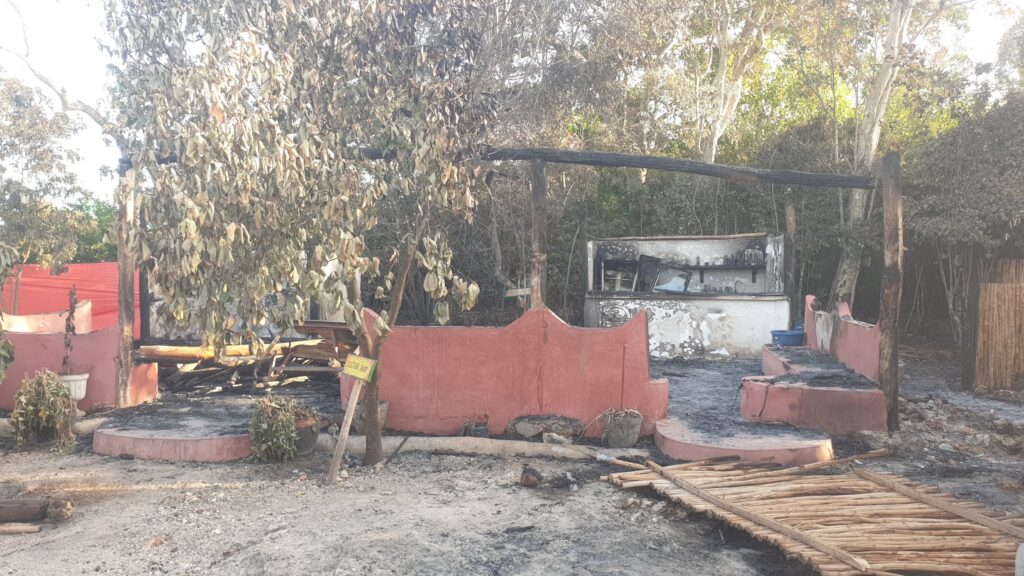Kuza Cave Recovery
{{ brizy_dc_global_blocks position=’top’ }} Preserving Nature, Culture, and Community 🌿 Help Us Rebuild Kuza Cave🌿 Kuza Cave, one of Zanzibar’s most treasured natural wonders, recently faced a devastating fire that left parts of its structures damaged. While we are grateful for the safety of our community, including our brave founder Natalie, who sustained an injury, […]
Kuza Cave Recovery Read More »

